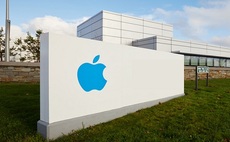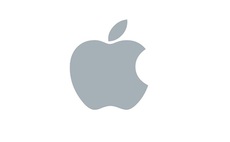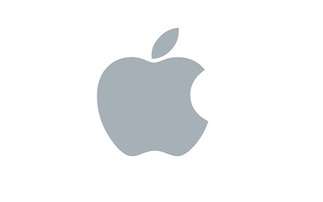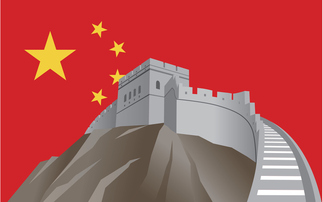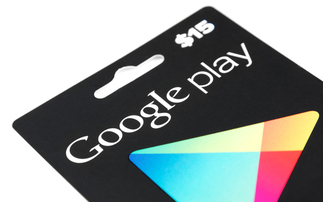Lack of iPhone 5 could play into the hands of rival manufacturers
Analysts have given a mixed reaction to the launch of Apple's iPhone 4S, noting that, although much of what was announced makes sense for the company, there is an underlying sense of disappointment...
To continue reading this article...
Join Computing
- Unlimited access to real-time news, analysis and opinion from the technology industry
- Receive important and breaking news in our daily newsletter
- Be the first to hear about our events and awards programmes
- Join live member only interviews with IT leaders at the ‘IT Lounge’; your chance to ask your burning tech questions and have them answered
- Access to the Computing Delta hub providing market intelligence and research
- Receive our members-only newsletter with exclusive opinion pieces from senior IT Leaders









